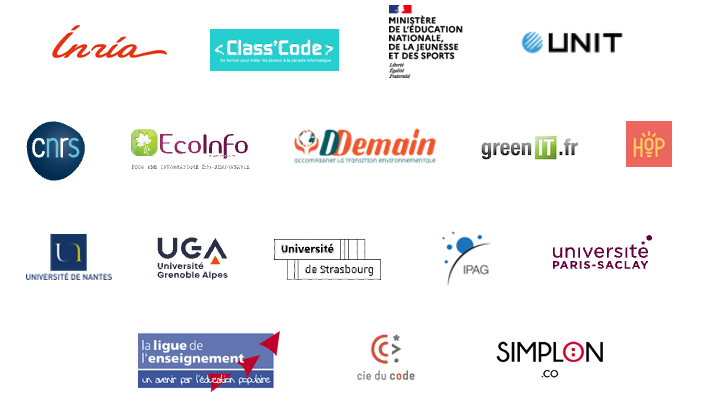Who contributed to the project?¶
As you can see from the list of contributors below, this Mooc is a collective work! It is co-produced by Inria and the Class'Code association, with the support of the Ministry of National Education, Youth and Sports and of the Digital Technologies University UNIT.
Many of the authors of this Mooc participate in EcoInfo (CNRS), a working group dedicated to the analysis, awareness and training of the environmental impacts of information technologies.
Mooc authors¶
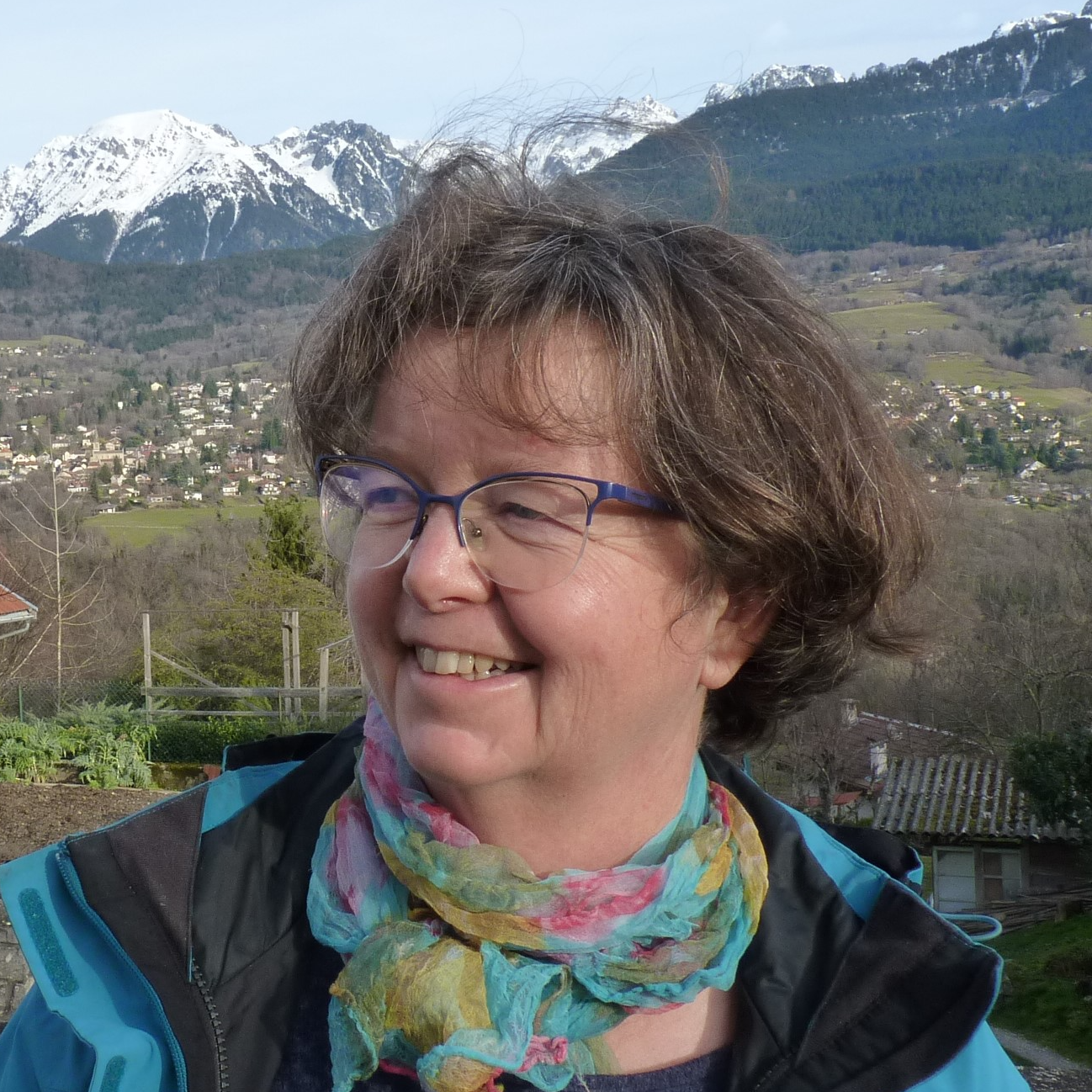
|
Françoise Berthoud, CNRS, GRICAD Françoise Berthoud holds a master's degree in biomathematics and is a research engineer at Joseph Fourier University and then at CNRS. In 2005, she co-created and managed until 2019 a working group dedicated to the environmental impacts of ICT EcoInfo. Within the University of Grenoble Alpes and the support and research unit GRICAD, she leads local actions in favour of the reduction of digital impacts and provides numerous training courses or workshops related to this theme. Françoise is the scientific referent of Part 2 "Non-renewable equipment". She participated in the elaboration of the Mooc outline and proofread and validated all the contents. |
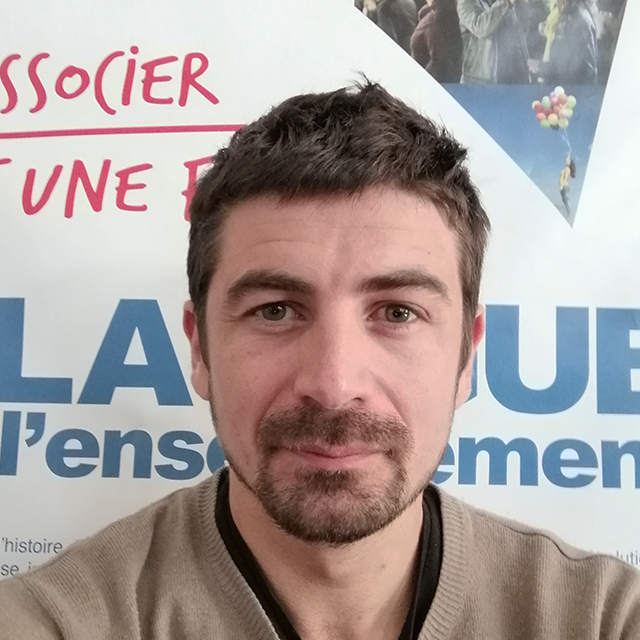
|
Franck Beysson, Ligue de l'enseignement Franck Beysson is the deputy director of the EEDD (Education for the Environment and Sustainable Development) department of the "Ligue de l'Enseignement de Loire" and the leader of the European project "Conscience Numérique Durable". With a scientific background, he now coordinates educational projects in partnership and designs educational tools and devices on various environmental themes. Franck is the pedagogical referent of Part 4 "Economic and societal impacts". |
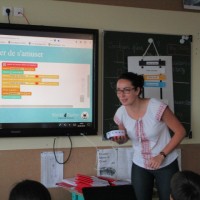
|
Julie Cornet, La Compagnie du Code Julie Cornet holds a PhD in physics from the University of Toulouse and now works at the Compagnie du Code, a cooperative society that runs workshops for young people and educational mediators to learn how to code and master computers. Julie is the pedagogical referent of part 1 "Introduction: The environmental impacts of digital technologies". |
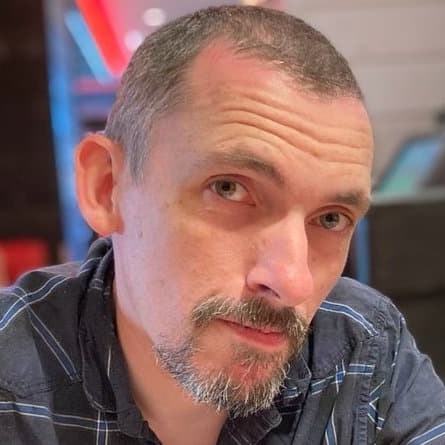
|
Laurent Devernay, Simplon.co Laurent Devernay is an information systems engineer who works on the issue of digital responsibility and is particularly involved in the environmental challenges of digital technologies. He contributes to several working groups on these issues (INR, GreenIT, Good IT, BoaVista). Laurent is the pedagogical referent of Part 3 "Very material digital services". |

|
Laurent Lefèvre, Inria Laurent Lefèvre has been a researcher in computer science at Inria since 2011. He works in the AVALON team (Algorithms and Software Architectures for Service-Oriented Platforms) of Inria and the LIP Laboratory of the Ecole Normale Supérieure de Lyon. He co-manages a working group dedicated to the environmental impacts of ICT EcoInfo. Laurent contributed to the content of Part 1 "Introduction: The environmental impacts of digital". |

|
Benjamin Ninassi, Inria Benjamin Ninassi is a research engineer in the scientific department of Inria and IT project manager. He works in particular on the ecodesign of digital services. He contributes to l'Institut du Numérique Responsable, to the working group dedicated to the environmental impacts of ICT EcoInfo and the interministerial mission « Green Tech ». Benjamin contributed to the content of Part 1 "Introduction: The environmental impacts of digital techologies" and Part 3 "Very material digital services", in particular on eco-design. |
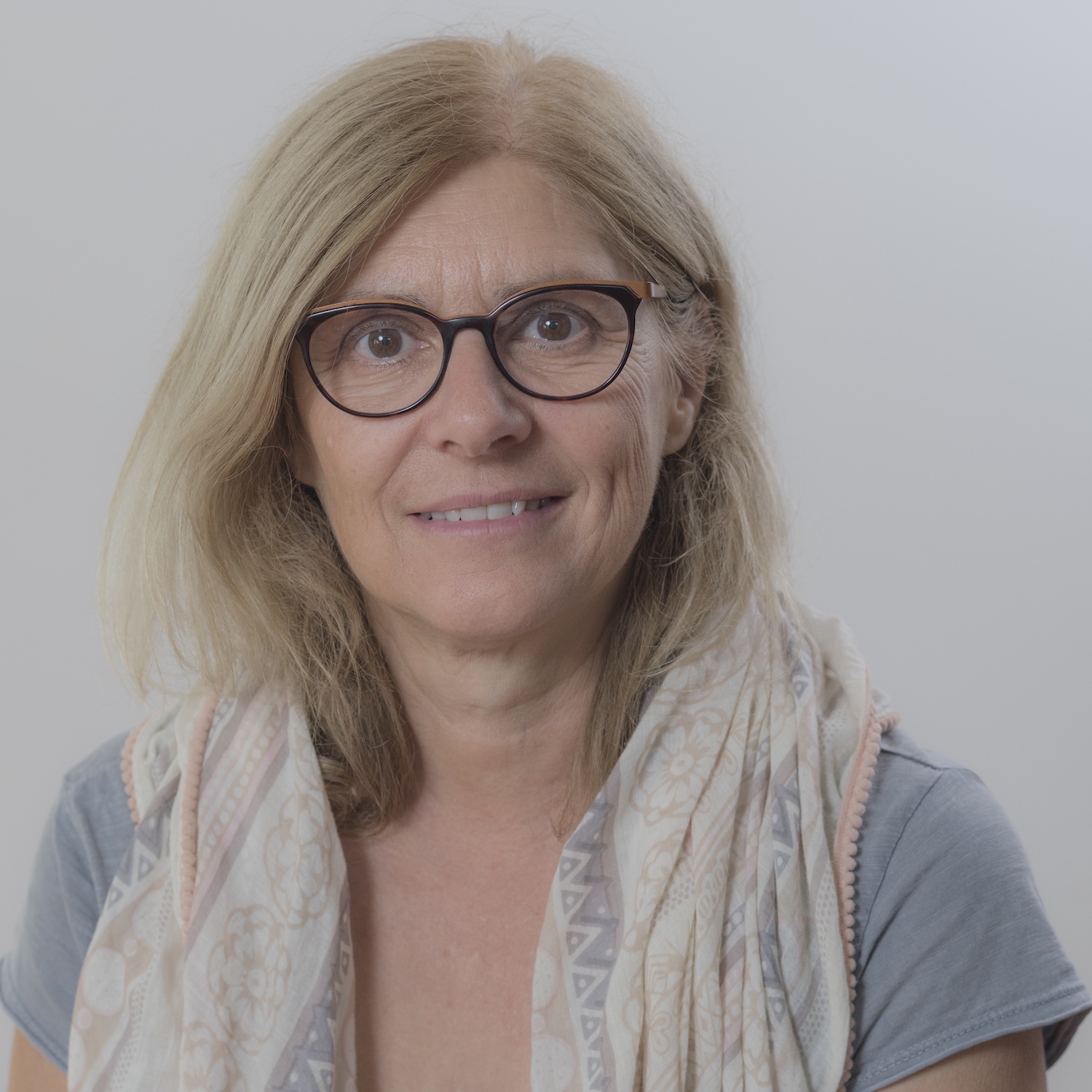
|
Martine Olivi, Inria Martine Olivi has a PhD in Mathematics and is a researcher at Inria, involved in scientific mediation. She is also in charge of the "Local Sustainable Development Commission" at the Inria Sophia Antipolis Méditérannée research centre. Martine is the scientific referent of part 1 "Introduction: The environmental impacts of digital" and participated in Part 4 "Economic and societal impacts". |
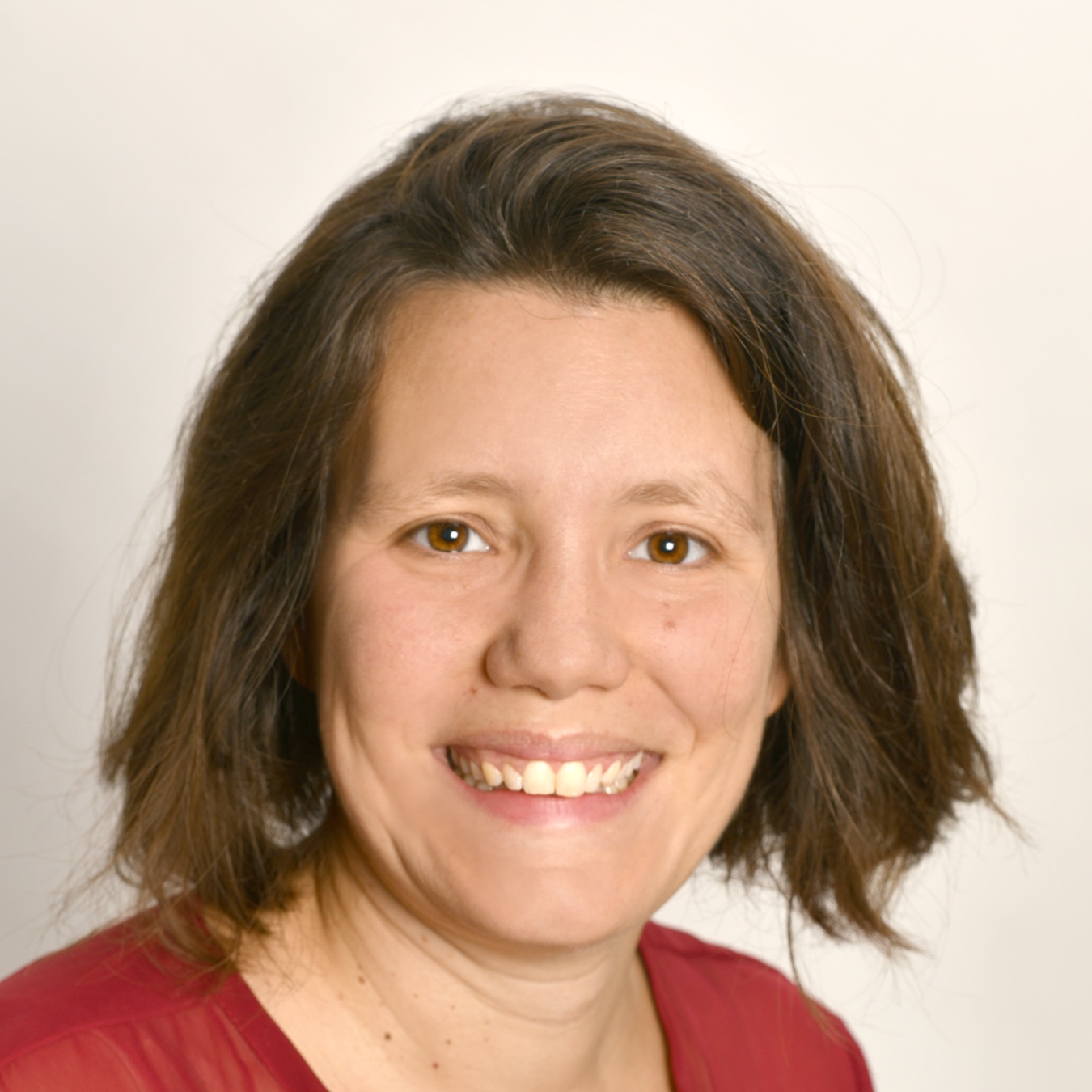
|
Julie Orgelet, DDemain / NegaOctet Julie Orgelet is an expert consultant in LCA and Ecodesign. Her main areas of interest are the evaluation and reduction of the impact of electromechanical equipment via life cycle assessment. She is involved in the research project NegaOctet for the evaluation of the environmental performance of digital services with a view to their ecodesign. Julie is the scientific referent of Part 3 "Very material digital services". |
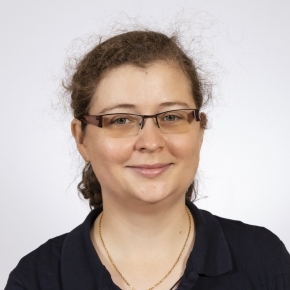
|
Anne-Cécile Orgerie, CNRS Anne-Cécile Orgerie is a CNRS researcher at the IRISA laboratory and was awarded the CNRS bronze medal in 2020 for her promising work on energy-efficient computing centres. She also co-manages the working group dedicated to the environmental impacts of ICT EcoInfo since 2020 and is an active researcher in scientific mediation (j'peux pas j'ai informatique, L codent L créent, etc.). Anne-Cecile contributed to the content from Part 1 "Introduction: The environmental impacts of digital technologies". |
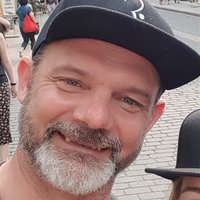
|
Charles Poulmaire, National Education Charles Poulmaire is a teacher of _mathematics_ and _digital and computer science_ at the Van Gogh high school in Aubergenville. He is also an academic trainer in mathematics and computer science in the academy of Versailles and president of the Association des Enseignantes et Enseignants d'Informatique de France (AEIF). Charles is the pedagogical referent of Part 2 "Non-renewable equipment". He also reviewed and validated all the concept sheets of the Mooc. |
They also contributed¶
Many scientists have also contributed by writing concept sheets and articles for teachers and the general public to help them understand the key concepts related to the subject
- Eric Blayo, professor of applied mathematics, Grenoble Alpes University
- Frédéric Bordage, GreenIT.fr collective
- Antoine Boubault, researcher in industrial ecology, BRGM
- Christophe Bravard, Grenoble Alpes University
- Juliette Chabassier, researcher, Inria
- Jacques Combaz, research engineer, CNRS / VERIMAG
- Jean-Yves Courtone, researcher, Inria
- Romaric David, research engineer, University of Strasbourg
- Emmanuelle Frenoux, lecturer, University of Paris-Saclay
- Ronan Groussier, Head of Public Affairs, HOP (Halte à l'Obsolescence Programmée)
- Pascal Guitton, professor of computer science and researcher in the Potioc team, Inria, University of Bordeaux, CNRS
- Christine Leininger, scientific mediation project manager, Inria
- Anne-Laure Ligozat, lecturer at the LISN Laboratory and ENSIIE school
- Pierre-Yves Longaretti, researcher at Grenoble Alpes University, CNRS-INSU, IPAG and Inria STEEP team
- Didier Mallarino, researcher, CNRS, EcoInfo
- Guillaume Mandil, research professor, UGA, PhITEM department, Inria STEEP team
- Servane Mouton, neurologist, Neuville-sur-Saone
- Sophie Quinton, researcher at Inria Grenoble, SPADES team
- Gauthier Roussilhe, Designer and PhD student at the RMIT University Melbourne, ENSCI
- Eric Tannier, research director at Inria
- Thomas Tari, sociologist at Sciences Po médialab and head of the Centre for the Exploration of Controversies
- Corinne Touati, researcher, Inria mediation referent
Scientific and pedagogical committee¶
Bastien Masse (University of Nantes, administrator of Class'code), Jacques Sainte-Marie (Inria, Deputy Scientific Director for environmental issues), Alain Thillay (Head of the department for the development and dissemination of digital resources at the Directorate of Digital Education at the Ministry of National Education and Youth and Sports), Françoise Berthoud (CNRS / GRICAD, EcoInfo), Charles Poulmaire (Ministry of National Education and Youth and Sports).
Pedagogical team¶
Laurence Farhi, Tatiana Khomenko with the participation of Bénédicte Cardon and Isabelle Collignon; Inria LearningLab
Sophie de Quatrebarbes ; S24B for Class'Code
Benoit Rospart for the computer developments; Inria LearningLab
Design and production of the videos: 4minutes34¶
- Sonia Cruchon, co-writing, co-direction, voice.
- Nicolas Ledu, Image, editing, co-direction.
- Guillaume Clemencin, acting.
- Michaël Cixous, Illustrations and animation.
- Jean-Jacques Birgé, Music and background.
- Sophie de Quatrebarbes, co-writing and production management.
- Bastien Masse, co-writing of episode #4.
Documentation¶
- Martine Courbin-Coulaud; Inria Scientific Information and Publishing Department
- Valérie François; Inria Scientific Information and Publishing Service - Scientific Mediation
Partners¶
